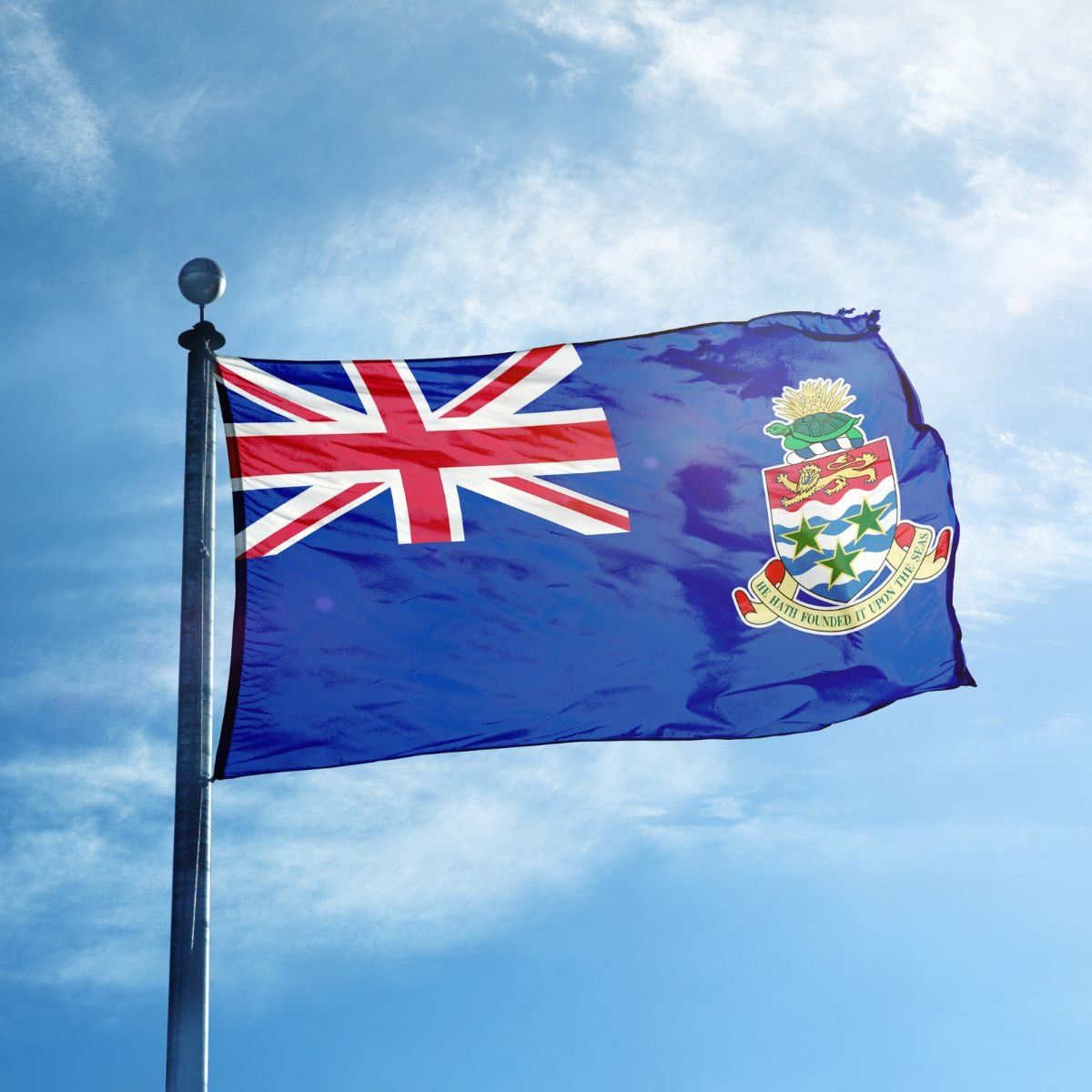As we step into 2025, New Zealand’s immigration policies are undergoing significant changes, affecting everything from visa applications to residency pathways. Whether you’re considering moving to New Zealand for work, study, or family reasons, it’s crucial to understand the latest updates. In this blog post, we’ll take a look at the key changes to New Zealand’s immigration landscape and provide insights on how these could impact your plans.
1. Revised Work Visa Policies
New Zealand has made adjustments to its work visa system to better align with the needs of the local labor market. One of the major changes is the introduction of a new work visa for high-demand occupations. This visa will streamline the process for skilled workers in sectors such as healthcare, engineering, and IT, allowing them to stay longer and gain permanent residency faster.
What does this mean for you? If you’re in a high-demand occupation, you may have more opportunities to work in New Zealand and stay on a more flexible visa, eventually paving the way for permanent residency.
2. Increased Points for Skilled Migrants
For those applying for residency through the Skilled Migrant Category (SMC), there’s an increase in the points awarded for factors such as work experience, qualifications, and having a job offer in a high-demand sector. The points system is designed to prioritize applicants who can contribute to New Zealand’s economic growth.
What does this mean for you? This change makes it even more important to ensure that your qualifications and work experience are up-to-date. Having a job offer from a New Zealand employer, especially in a high-demand industry, will significantly increase your chances of qualifying for residency.
3. Easier Pathways for International Students
New Zealand has long been a popular destination for international students, and in 2025, the government is rolling out new measures to make it easier for international students to transition into the workforce. Graduates with qualifications in areas such as technology, healthcare, and education will now be eligible for extended post-study work visas.
What does this mean for you? If you’re a recent graduate or planning to study in New Zealand, you’ll have more opportunities to gain work experience in your field after graduation. This can be a stepping stone to permanent residency.
4. Focus on Family Reunification
Family reunification remains a priority under New Zealand’s immigration policy. The government is now offering more flexible visa options for partners and children of residents and citizens. The process of sponsoring family members for residency has also been streamlined.
What does this mean for you? If you have family members who want to join you in New Zealand, it’s now easier and faster to bring them over under the family sponsorship schemes. Make sure to check the updated eligibility criteria.
5. Sustainability and Environmental Impact
New Zealand is placing a stronger emphasis on the environmental sustainability of its immigration policies. As part of its commitment to sustainability, the country is introducing new criteria that assess the environmental impact of large-scale migration. This includes encouraging applicants who are committed to supporting green initiatives or contributing to New Zealand’s sustainability goals.
What does this mean for you? While this doesn’t affect most applicants directly, it’s worth noting that if you’re coming from a background in environmental conservation or sustainability, you could have an edge in the immigration process.
6. Changes to Temporary Visa Conditions
There are also some important updates regarding temporary visa holders, particularly in relation to employment and working rights. In 2025, there will be greater flexibility for temporary visa holders to change employers, without needing to apply for a new visa.
What does this mean for you? If you’re on a temporary visa, you’ll have more freedom to explore different job opportunities, which could help you gain more experience and increase your chances of transitioning to a work-to-residence visa.
7. Immigration Health and Security Checks
Health and security checks for visa applicants have become stricter, with more focus on applicants’ criminal backgrounds and medical history. While this has always been a requirement, the government is tightening enforcement in response to concerns about public safety and the healthcare system’s capacity.
What does this mean for you? Ensure that your medical records and background checks are in order before submitting your visa application. Applicants with medical conditions or criminal histories might face delays or rejections.
8. Improved Immigration Technology
New Zealand is investing in more advanced digital immigration systems, making it easier for applicants to submit documents, track their visa applications, and communicate with immigration officials. The goal is to improve efficiency and reduce processing times.
What does this mean for you? The process of applying for a visa or residency will become more streamlined and transparent. You can expect quicker decisions and less paperwork, making the experience smoother and less stressful.
Conclusion: How to Navigate the Changes
The immigration landscape in New Zealand is evolving rapidly in 2025. Whether you’re looking to move for work, study, or family reasons, staying informed about the latest changes is essential for making your immigration journey as smooth as possible.
To increase your chances of success, make sure your qualifications are updated, understand the specific visa categories that apply to your situation, and take advantage of the new opportunities available. It’s also wise to consult with an immigration expert to ensure that your application meets all the necessary requirements.
By staying proactive and informed, you’ll be well-positioned to navigate New Zealand’s immigration system and make your dream of living in this beautiful country a reality.





